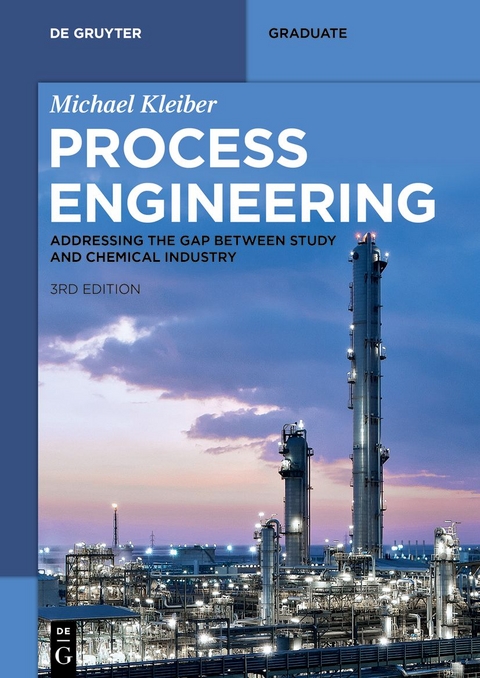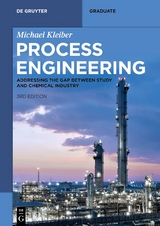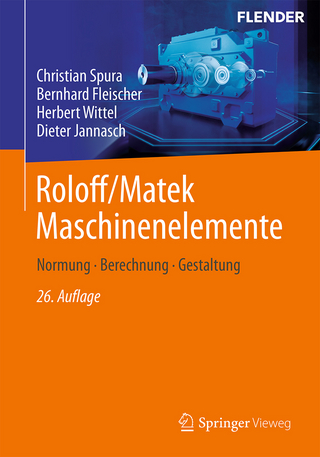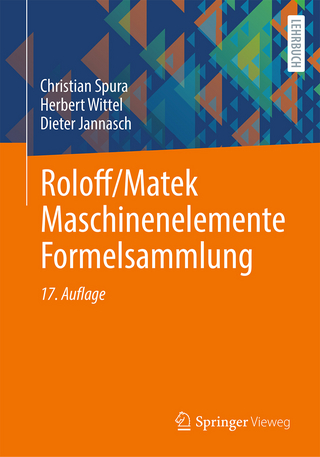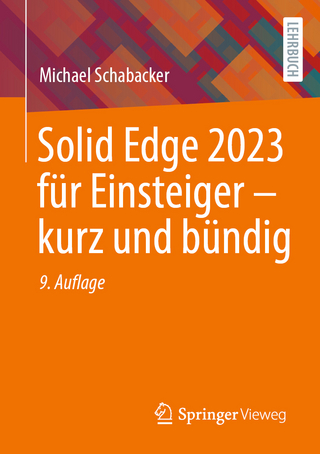Process Engineering
De Gruyter (Verlag)
978-3-11-102811-8 (ISBN)
"Reading the book, you can feel the long practical experience of the author. The text is easy to read, even where concepts can be complex. The strong theoretical background of the author is well known from other publications. In this book, however, the topics are presented on a level that every engineer and scientist in the chemical industry and process industry should know and can understand... This book would have been very helpful at the beginning of my career to close the addressed gap. Therefore, I can strongly recommend it not only to all students close to their degree, but also to engineers and scientists just starting their industrial career in the related industrial sectors that are subsumed under the term process industry (chemical or petrochemical industry, pharmaceutical industry, food industry, biochemical industry, environmental technology, etc.). The book is like an investment. Doing a better job and getting a better job evaluation might pay for the book ..." Prof. Dr.-Ing. Claus Fleischer, Frankfurt University of Applied Sciences
Process Engineering is based on almost 30 years of practical experience of the author in process simulation, design and development. The book is a missing link between students and practitioners. The author has coached many graduates in their first months and knows what the typical questions are.
Coming from the university, graduates often do not know which relevance their knowledge has and how to apply it in real life, whereas established practitioners often stick to the narrow way of their experience, forgetting that science continuously makes progress. There is a gap to be bridged.
From his own professional experience, the author covers many topics of the process engineering business, but three guest contributions are a valuable supplement to the content of the third edition. Already in the 2nd edition, Verena Haas from BASF SE wrote an excellent chapter on dynamic process simulation. For the new 3rd edition, Gökce Adali and Michael Benje added two chapters on digitalization and patents, respectively.
Preparing the reader for the everyday business!
lt;p>Michael Kleiber started his career as a scientific assistant at the TU Brunswick, where he completed his doctoral thesis in 1994. He has worked for the former Hoechst AG and its successors in the fields of process development, process simulation and engineering calculations, before moving to ThyssenKrupp Uhde as a Chief Development Engineer. Dr. Kleiber is a member of the German Board of Thermodynamics and contributor to several standard works on process engineering, such as the VDI Heat Atlas, Winnacker-Kuechler and Ullmann's Encyclopedia of Industrial Chemistry.
From reviews of the previous editions:
1. "As a chemical engineer and process engineer, I transferred twice between the academic world and the industrial world. After 20 years of working experience in the chemical industry I am know back teaching various courses in chemical engineering: (e. g., separation processes, heat and mass transfer, process simulation, thermodynamics, etc.). While our academic education focuses mostly on the theoretical knowledge, junior engineers and scientists starting their first job in the industry are faced with many new practical terms and concepts. After crossing that gap between academia and industry twice, it was especially the subtitle of this book that caught my interest: "Addressing the gap between study and chemical (process) industry". Reading through the well written book was like a reminder of the practical learning curve I walked along as a junior engineer. All (yes all) the topics presented in the book played a role in my working career ... Reading the book, you can feel the long practical experience of the author. The text is easy to read, even where concepts can be complex. The strong theoretical background of the author is well known from other publications. In this book, however, the topics are presented on a level that every engineer and scientist in the chemical industry and process industry should know and can understand... This book would have been very helpful at the beginning of my career to close the addressed gap. Therefore, I can strongly recommend it not only to all students close to their degree, but also to engineers and scientists just starting their industrial career in the related industrial sectors that are subsumed under the term process industry (chemical or petrochemical industry, pharmaceutical industry, food industry, biochemical industry, environmental technology, etc.). The book is like an investment. Doing a better job and getting a better job evaluation might pay for the book ..." Prof. Dr.-Ing. Claus Fleischer, Frankfurt University of Applied Sciences
2. "Very readable and recommendable! The title of this book is really suitable. It fills the gap between studies and industrial practice with informations and knowledge from practical experience of the author in the process industry. None of the essential areas - from the cost estimation about the unit operations in chemical engineering to process safety - is omitted. So, students and young professionals get in-depth views on the themes and issues that expect them in practice. Very readable and recommendable!"
3 ."Chemical process engineering review Great book! Used the book to bridge the gap between theoretical knowledge and practical approaches in the industry."
| Erscheinungsdatum | 27.10.2023 |
|---|---|
| Reihe/Serie | De Gruyter Textbook |
| Co-Autor | Gökce Adali, Michael Benje, Verena Haas |
| Zusatzinfo | 60 b/w and 244 col. ill., 21 b/w tbl. |
| Verlagsort | Berlin/Boston |
| Sprache | englisch |
| Maße | 170 x 240 mm |
| Gewicht | 952 g |
| Themenwelt | Technik ► Maschinenbau |
| Schlagworte | chemical engineering • Chemical Industry • chemical process engineering • Chemische Industrie • Industrial Chemistry • Technische Chemie • Verfahrenstechnik |
| ISBN-10 | 3-11-102811-9 / 3111028119 |
| ISBN-13 | 978-3-11-102811-8 / 9783111028118 |
| Zustand | Neuware |
| Informationen gemäß Produktsicherheitsverordnung (GPSR) | |
| Haben Sie eine Frage zum Produkt? |
aus dem Bereich
